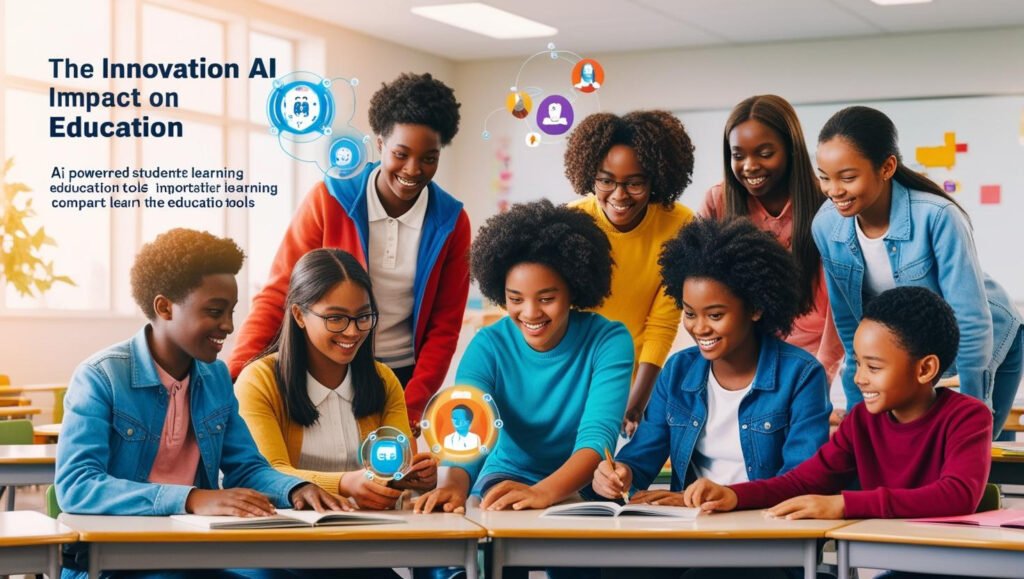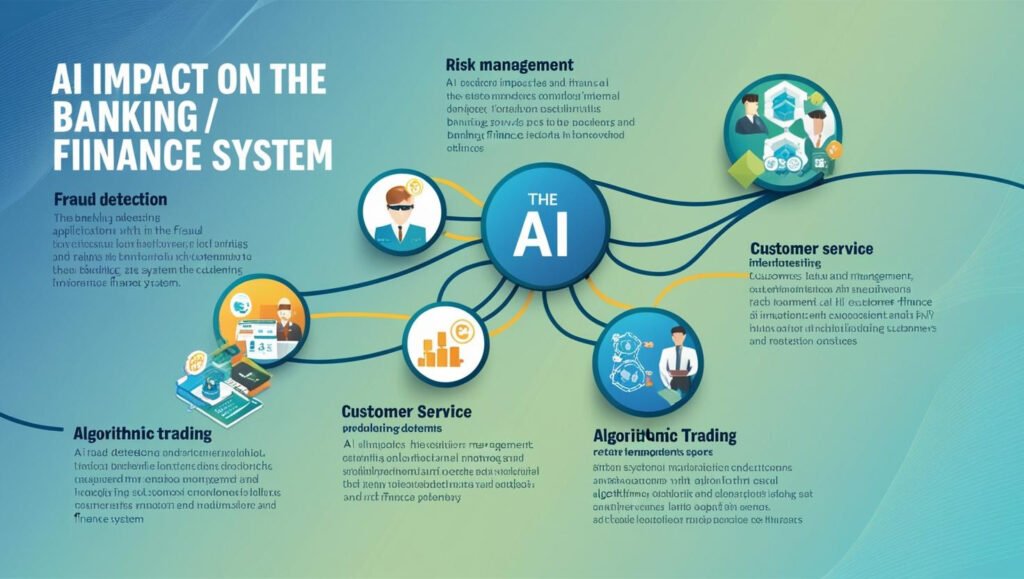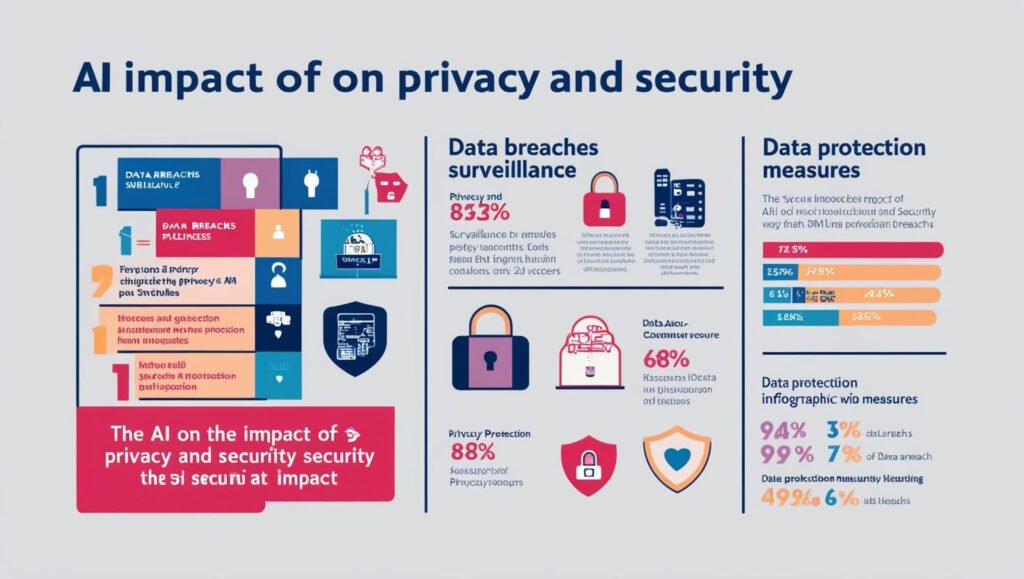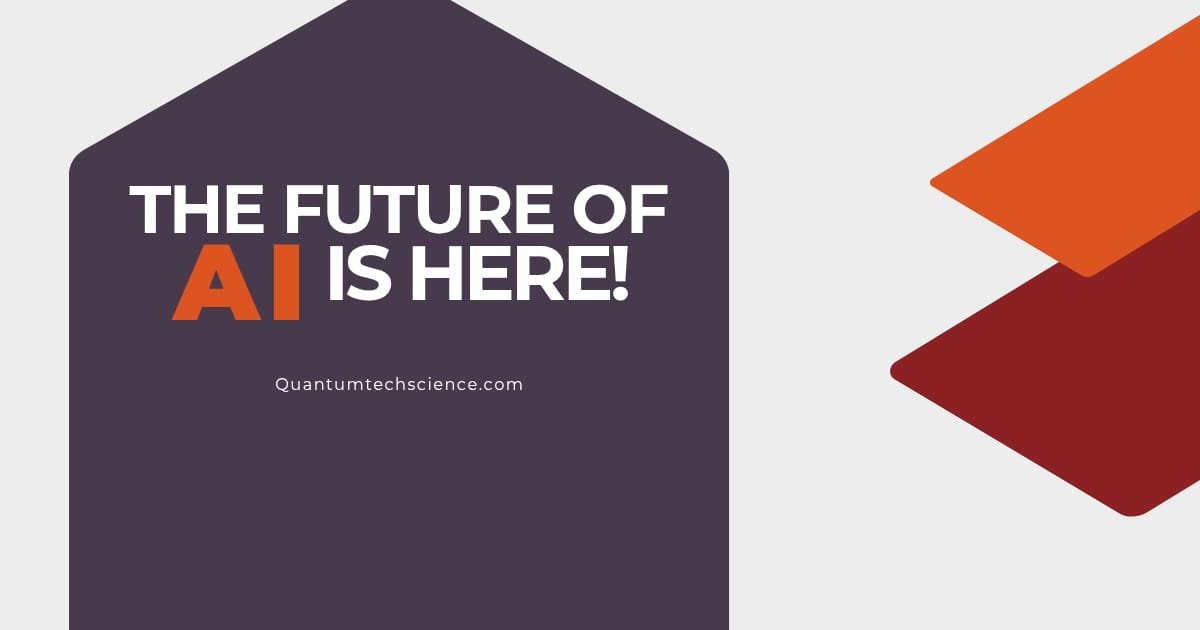The Impact of AI on Our Lives? In our daily lives, we use artificial intelligence every day in ways we may not even be aware of. AI is changing our lives day by day. A few centuries ago, books were written by hand, people travelled by horses, and there was not even a smartphone concept. Does it mean they were living difficult lives? No, it’s not like that; they had lived very healthy and interactive lives as compared to the new modern era of new technologies and innovations.Nowadays, there are so many AI tools that make people life easy. As every tech revolution brings some negative impacts, therefore, artificial intelligence has multiple pros and cons.
What Is Artificial Intelligence?
Artificial intelligence (AI) means transferring human intelligence to machines so that they think and perform different tasks like humans. AI systems are programmed to learn, solve problems, work faster than humans, perceive and solve difficulties like humans, or do better than humans. It combines computer science, data processing, and algorithms to enable machines to perform intelligently. It has been one of the best revolutions of technology but like all other technologies, it has both advantages and disadvantages. It would be helpful if we used it properly. But if it is programmed poorly or if one uses it for negative purposes, then it is harmful to others.
Revolution of AI:
AI has been evolving since the 19th century. The idea of creating AI machines has fascinated humans for centuries but it was not a formal discipline until the mid-20th century.
AI evolved through these ages:
| Time | Activity |
| 1940s-1950s | Foundations laid by pioneers like Alan turning Focus on logic and computation |
| 1956s | Formally born at the Dartmouth Conference |
| 1950s-1970s | It is the growth phase of AI Expert systems Optimism |
| 1970s-1980s | Technical challenges of AI, leading to funding cuts |
| 1980s-1990s | Early machine learning |
| 2000s-2010s | explosion of deep learning Advanced algorithms applications such as: vision, NLP, and robotics |
| 2020s+ | During this time, AI achieves human-like intelligence and capabilities in various areas of life |
The Impact of AI on Our Lives:
Artificial intelligence has a transformative impact on different areas of human life, improving productivity, decision-making, and innovation. AI has changed the way we live and think. No doubt, AI is harmful in some cases if it is programmed poorly or used improperly. so basically its impact depends on how we use AI.
It has a great impact on various fields of life, such as:
- Healthcare ( medical field)
- Education
- Transportation
- Business and Finance
- Agriculture
- Political decisions
- Entertainment
- Privacy and security
The Impact of AI on the healthcare field
In most countries, healthcare industries face many challenges, such as a shortage of doctors, nurses, and other healthcare workers and increasing workloads. Artificial intelligence (AI) is a revolutionary tool that resolves tasks like paperwork easier and supports healthcare facilities. AI can improve diagnosis accuracy and make nursing care plans perfect and enhance patient’s health.
Let’s discuss the challenges in the healthcare workforce. These are:
- Shortage of healthcare professionals
- Improper resource distribution in rural areas
- Increased costs pressure
- Excessive paperwork limits time for the patient’s care
In the present advanced era, AI has somewhat improved the medical field. AI can resolve different issues facilitate healthcare industries and enhance care procedures. AI can easily automate the administrative tasks like data entry, treatment scheduling and medical coding. This frees up time for patient care.Now there are AI surgeons are developed. They can only learn how to do surgery by just watching the procedure of doing surgery and even they do precisely micrometer-level adjustments.
Challenges of AI implementation:
Do you think AI can replace human jobs? Are human jobs in danger? The answer is yes. But this does not mean that AI will replace all human jobs in the medical field, or there will be only AI doctors, AI nurses, and robot staff. It means that the automation of artificial intelligence in certain tasks leads to job losses.
There are some risks included after implementing AI, such as critical thinking and clinical judgement. Issues about patient data privacy, accountability, and algorithm bias may arise
Developing AI systems can be expensive, making it difficult to adapt these technologies for some medical industries.
The Impact of AI on Education:
One of the most significant contributions of artificial intelligence to education is personalized learning. AI tools and platforms analyzing students learning styles, techniques, and strategies. It is beneficial in adaptive learning. Most of the platforms, like as Khan Academy and Duolingo adjust the difficulty level according to the student level. This ensures that everyone can learn in their place.

Another benefit of AI is accessibility and inclusion. Artificial intelligence has made education more accessible than ever. There are so many tools like as, text-to-speech ( Google Cloud ), speech-to-text, and language translation such as Google Translate that make communication easy for any kind of individual who does not know other languages.
The great impact of artificial intelligence on students is that AI can answer any type of question. If one has to do research about any topic, one can easily do their research by asking different questions to AI tools. Besides this, student can earn money easily with the help of AI.
Nowadays AI can make students presentation and assignments in just a click. This helps students to score better grades. But it can reduce student creativity in their work. It reduces brainstorming and this is the other negative side of AI tools. Besides this collecting and analyzing student data raise questions about student’s privacy.
AI and Politics:
AI can also be used in voter profiling and micro-targeting. In the USA elections of 2016, Cambridge Analytica used AI to analyze Facebook user data, creating user profiles based on preferences and behaviors. These profiles were then used to design personalized political ads. This played a great role in the victory of Donald Trump
Can we trust what we see in politics in this era of AI?
The answer is both yes and no. AI is being used in electoral campaigns to target voters and to advertise political parties. In 2012, AI was used in Barack Obama’s campaign in the US elections. AI analysed the voter data to improve strategies and to determine the quantity of supporters.
This boosted the voter’s attention towards his campaign and as a result, he became president of the USA. But as we know, a coin has two faces. In the election of Argentina in 2023, Sergio Massa used AI-generated videos to disgrace Javier Milei. In those videos, Milei was shown talking about the sale of human organs. As it was proved that it was an AI-generated video, yet it influenced the perception of people. Deepfake technology made us unable to trust videos on social media, especially those related to political content.
An example of sentiment analysis, it was used in the federal elections of France to analyse the public reaction to controversial statements. This enabled parties to replan their strategies to gain success. Due to deepfake and voter manipulation, the European union is now working on the first comprehensive legislative AI that will reduce the deepfake and manipulation and will ensure transparency and ethical use of it to establish a democratic process
The impact of AI in banking and finance systems:
It helps to detect and prevent fraudulent activities on the internet with banking systems. It ensures the monitoring of suspicious activities and malware to safeguard the accounts. Paypal and Visa use AI to detect and prevent fraudulent activities. In risk management, it plays a great role because it analyzes market patterns and improves our decision-making. Some banks, like Bank of America, use an Erica” AI-based chatbot for customer care service.

AI also monitors the trustworthiness of loan borrowers and checks their activities on social media platforms. Zest Ai uses this technique to ensure faster and fair loan approvals. We conclude that AI in finance is playing a very important role, in increasing the efficiency and security of the finance system.
Use of AI in Finance:
However, in finance, AI is a blessing for the globe. AI is being used in automated trading systems that enable us to trade at very high speeds. It is important in this way because the market trend just changes in seconds. So it analyzes historical data and predicts the market patterns. Renaissance Technologies uses AI to analyse and predict market patterns to make profits and prevent losses.
The impact of AI on privacy and security:
If one talks about online tasking, then the first thing that comes to mind is the privacy and security of the user. Nowadays, AI is being used in providing security and privacy to the users. AI-powered apps and tools improve cybersecurity by detecting malicious files, URLs, apps, and files. They not only detect the virus but also fix the vulnerabilities of the system. To prevent hackers, Darktrace detects any kind of attack and abnormality.
How does AI enhance user’s privacy and security?
AI is being used in securing biometric authenticity like fingerprint scanning, voice recognition, and facial data recognition to ensure the privacy of users in banking systems. These features protect the users from identity theft which can cause huge losses to them. Apple’s Face ID and Google voice recognition features use AI to provide cybersecurity and privacy.

AI can also predict future problems caused by the vulnerabilities of systems. In this way, it helps us to reduce vulnerabilities and upgrade our system. WhatsApp uses real-time protection AI to encrypt data during transmission and storage of data to provide full privacy. Some banks also use AI to detect unusual logins and transaction locations to prevent accounts from being hacked.
However, AI is being used in deepfake and surveillance by the government, which is decreasing the privacy of people. Due to the brilliance of AI, people use AI for illegal purposes that lead to crime in society. AI is also decreasing anonymity by recognizing individuals in public. The overall impact of AI on security and privacy is good but nothing is perfect. Improvements are still needed to eliminate all the problems faced by users.


ubO gVAtytG vrHjAIe MEPNquU euqj eMG